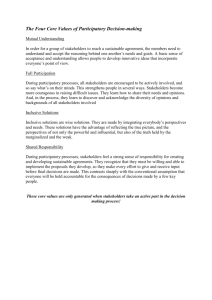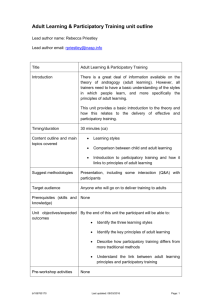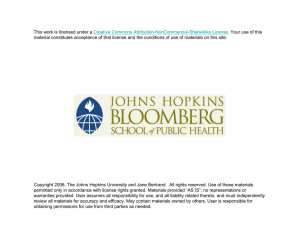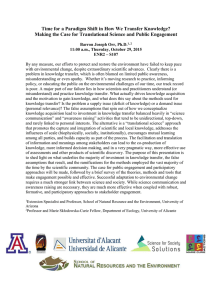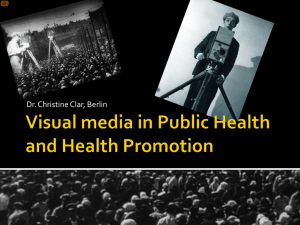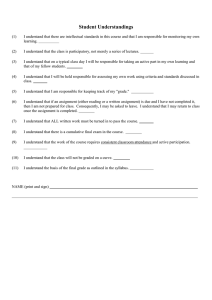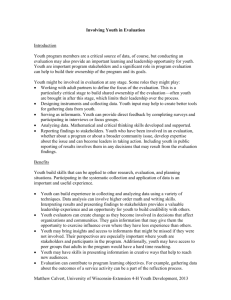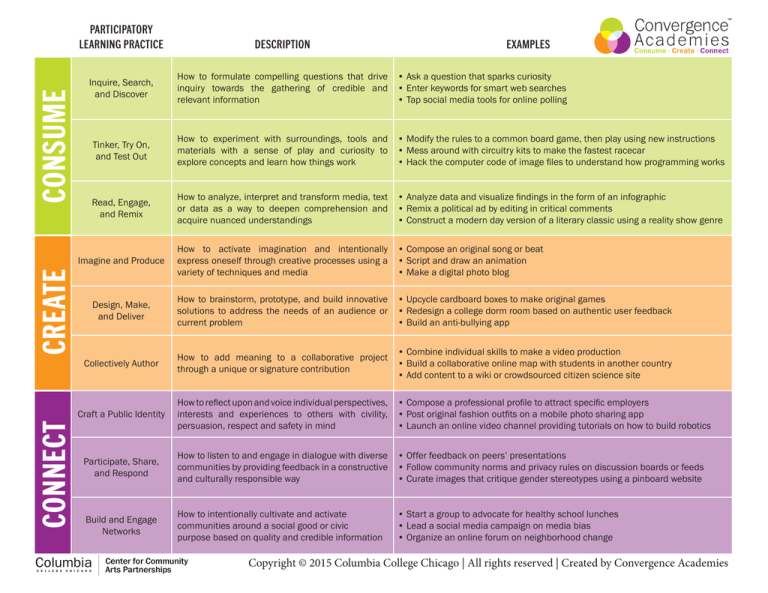
CONNECT
CREATE
CONSUME
PARTICIPATORY
LEARNING PRACTICE
™
DESCRIPTION
EXAMPLES
Inquire, Search,
and Discover
How to formulate compelling questions that drive
inquiry towards the gathering of credible and
relevant information
• Ask a question that sparks curiosity
• Enter keywords for smart web searches
• Tap social media tools for online polling
Tinker, Try On,
and Test Out
How to experiment with surroundings, tools and
materials with a sense of play and curiosity to
explore concepts and learn how things work
• Modify the rules to a common board game, then play using new instructions
• Mess around with circuitry kits to make the fastest racecar
• Hack the computer code of image files to understand how programming works
Read, Engage,
and Remix
How to analyze, interpret and transform media, text
or data as a way to deepen comprehension and
acquire nuanced understandings
• Analyze data and visualize findings in the form of an infographic
• Remix a political ad by editing in critical comments
• Construct a modern day version of a literary classic using a reality show genre
Imagine and Produce
How to activate imagination and intentionally
express oneself through creative processes using a
variety of techniques and media
• Compose an original song or beat
• Script and draw an animation
• Make a digital photo blog
Design, Make,
and Deliver
How to brainstorm, prototype, and build innovative
solutions to address the needs of an audience or
current problem
• Upcycle cardboard boxes to make original games
• Redesign a college dorm room based on authentic user feedback
• Build an anti-bullying app
Collectively Author
How to add meaning to a collaborative project
through a unique or signature contribution
• Combine individual skills to make a video production
• Build a collaborative online map with students in another country
• Add content to a wiki or crowdsourced citizen science site
Craft a Public Identity
How to reflect upon and voice individual perspectives,
interests and experiences to others with civility,
persuasion, respect and safety in mind
• Compose a professional profile to attract specific employers
• Post original fashion outfits on a mobile photo sharing app
• Launch an online video channel providing tutorials on how to build robotics
Participate, Share,
and Respond
How to listen to and engage in dialogue with diverse
communities by providing feedback in a constructive
and culturally responsible way
• Offer feedback on peers’ presentations
• Follow community norms and privacy rules on discussion boards or feeds
• Curate images that critique gender stereotypes using a pinboard website
Build and Engage
Networks
How to intentionally cultivate and activate
communities around a social good or civic
purpose based on quality and credible information
• Start a group to advocate for healthy school lunches
• Lead a social media campaign on media bias
• Organize an online forum on neighborhood change
Copyright © 2015 Columbia College Chicago | All rights reserved | Created by Convergence Academies
™
DEFINING PARTICIPATORY LEARNING:
The term, participatory learning practices refers to the
multiple ways that young people today gain personal
and civic agency by learning and engaging in their world
through participatory media and culture (eg: mobile
phones, social media, digital production tools,
interactive games, the Internet, etc.)
Convergence Academies brings hands-on
learning, real world relevance and creative
inquiry to schools so that diverse learners are
authentically prepared for active participation
in today’s globally connected world. We
accomplish this by providing cost-effective,
personalized learning supports, innovative
instructional models, and student-centered
makerspaces.
LEARN MORE & GET INVOLVED
THE 3C’s OF PARTICIPATORY LEARNING:
convergenceacademies.org
The 3C’s Framework in Participatory Learning Practices is a practical, common-sense guide
to help teachers harness the power of participatory learning practices to :
Twitter: @ConvergenceAcad
facebook.com/convergenceacademies
CCAP Office Location:
624 S. Michigan, 14th Floor
Mailing Address:
600 S. Michigan,
Chicago, IL 60605
• Build dynamic, student-centered and multimodal environments that cultivate every child’s intrinsic motivation to learn
• Deepen learning through hands-on, active, creative and meaningful activities
• Connect academics and cognition to real world life and social/emotional skills
• Prepare students to participate respectfully and ethically in a globally connected world
This material is the outcome of Convergence Academies, a project created by the Center for Community Arts Partnerships at Columbia College Chicago. The contents of these
materials were developed under a grant from the U.S. Department of Education, Investing in Innovation (i3) Program. However, these contents do not necessarily represent
the policy of the U.S. Department of Education, and you should not assume endorsement by the Federal government.

